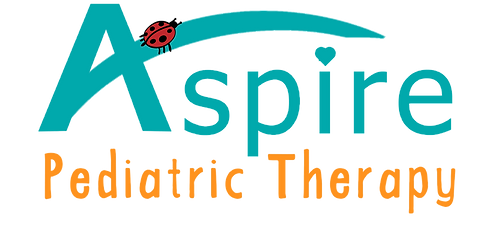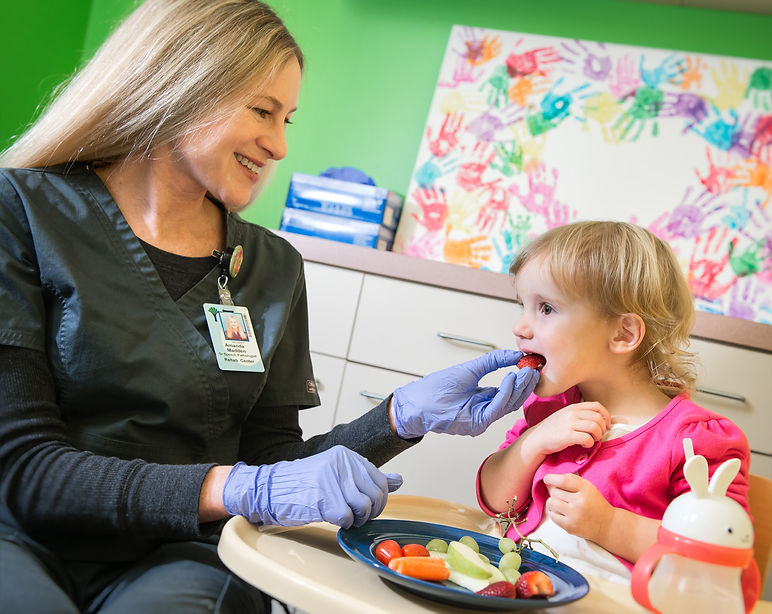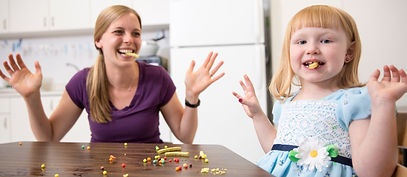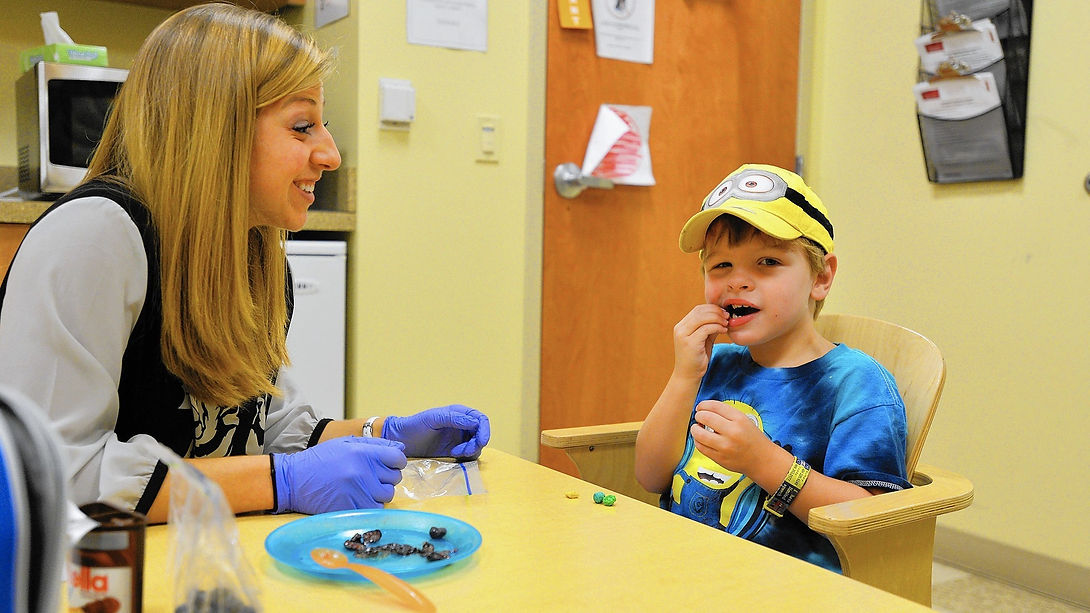










Located on
2893 Banksville Rd,
Pittsburgh, PA 15216
NEW FAX NUMBER!

Feeding
Therapy
Mealtimes do NOT have to be a battle. Despite parents’ best efforts, these children often need skilled therapeutic interventions. We want to help. Aspire Pediatric Therapy’s feeding program help children overcome barriers and challenges and develop skills to be lifelong successful eaters.

What is Feeding Therapy?
Children can experience challenges with feeding and eating for a variety of reasons related to sensory process, medical diagnoses, oral motor deficits. When a child is experiencing difficulties with feeding and eating, there is often anxiety, frustration, worry surrounding meals. Instead of meal times facilitating positive family interactions, good eating habits, and supports nutrition for growth and development, communication, and social skills, mealtimes become a dreaded, stressful part of the day.

How do I know if my child may benefit from feeding therapy?
-
Aversion, avoidance, and/or refusal of food textures or entire food groups
-
Coughing, gagging, and/or vomiting during or around eating or drinking
-
Self-limiting (<20 foods) or restrictive diets
-
Dropping foods from diet that your child previously ate and not bringing it back
-
Difficulty biting, chewing, or managing food in his/her mouth
-
Difficulty drinking from cup
-
Difficulty transitioning between developmental stages of eating
-
Ongoing weight loss or poor weight gain with growth
-
History of eating and breathing coordination problems
-
Delayed exposure to foods and textures
-
Difficulty using utensils and manipulating food/packaging in hands
-
Eats fewer foods over time and may end up with less than 8-10 foods
-
Avoids sitting at table, participating in meals, eats separately or leaves room
-
Difficult for everyone to feed or cries, yells, avoids, or tantrums around meals
-
Rigidity and inflexibility related to meal routine or foods specifically
-
Medical diagnoses (gastric reflux, motility disorders, failure to thrive,
-
Gastronomy (G-tube) or naso-gastric tube (NG tube) dependence
-
Anatomical or structural issues with jaw, palate, etc.
What can I expect from Aspire Pediatric Therapy’s Feeding Program?
-
An in-depth comprehensive, interdisciplinary feeding & eating evaluation will be completed by an experienced occupational and speech-language pathologist, including observation of eating and an extensive feeding and medical history. If the safety of your child’s swallow is of concern, your child may be referred for a swallow study if a study has not previously been completed.
-
With parent goals in mind, an individualized treatment plan will be developed to address your child’s specific needs. Families are an integral part of the therapy team.
-
Skilled therapy interventions will be provided using a variety of foods at each therapy session to help your child overcome barriers to independence. The focus is on your child’s skill development and self-confidence for long term functional feeding & eating success.
-
Ongoing child & family education and coaching to enhance carryover and transition of skills to meal times at home and in the community.


What makes Aspire Pediatric Therapy’s feeding program successful?
At Aspire Pediatric Therapy, we understand that feeding problems are not caused by one factor in isolation. More commonly, multiple issues are present that barriers for your child to be an independent eater. At Aspire, we want to help you understand “why” your child is having difficulties with feeding and eating.
-
Sensory-Motor Skill Development
-
Oral-Motor Skill Development
-
Coordination & Strengthening
-
Postural Control
-
Cognitive & SocialSkill Development
By addressing all of these areas, our therapists help your child achieve the best possible outcomes to be a life-long successful eater.